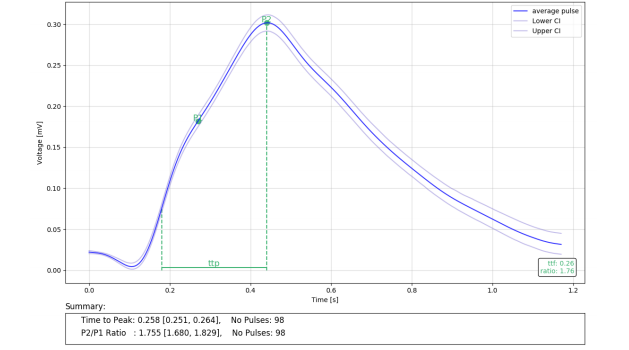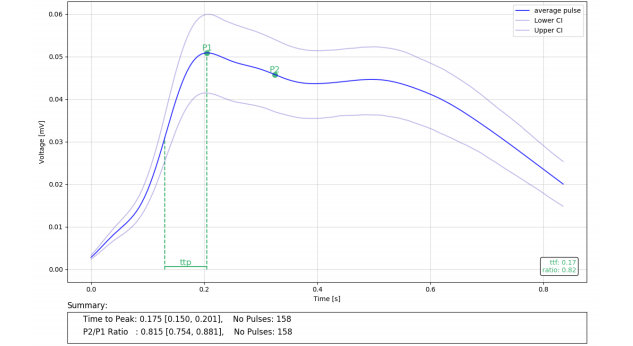
The case report from the State University of Ponta Grossa also indicates that factors unrelated to blood pressure can influence intracranial pressure and compliance
A case report by a team from the State University of Ponta Grossa indicated that sessions of renal replacement therapy, also known as hemodialysis, may have a beneficial effect on reestablishing intracranial compliance in patients with chronic kidney disease. The work is the result of Cristiane Rickli Barbosa’s doctoral research entitled “Follow-up of chronic renal patients on hemodialysis through non-invasive monitoring of intracranial pressure”, which was supervised by José Carlos Rebuglio Vellosa.
Intracranial compliance is a vital sign that indicates the skull’s ability to accommodate changes in the volume of components within it – brain, blood and CSF. Compliance impairment can lead to an increase in intracranial pressure, which in turn can lead to strokes, which pose great risks to patients’ lives, often aggravating clinical situations that are already serious.
The study reports the case of a single patient within the population of 42 accompanied by the broader scope of the research. “This patient stood out with a greatly altered value in the P2/P1 parameter, used for the assessment of brain compliance. At the time of dialysis, the value of the P2/P1 ratio was 1,755, and the normal would be less than 1. Thus, it justified its individual study”, assesses Rickli.
The patient is an 87-year-old man in the terminal phase of chronic kidney disease, undergoing hemodialysis treatment for 8 years and also suffering from arterial hypertension. The study monitored his intracranial compliance through a non-invasive sensor 98 times before and 158 times after dialysis sessions, as well as other vital signs – systemic blood pressure, heart rate, temperature and weight.

Although pre-dialysis measurements indicated a very compromised intracranial compliance, the research identified that after the hemodialysis sessions, compliance was re-established, reaching a P2/P1 ratio of 0.815.

The study also suggests that the change in the patient’s intracranial compliance may be linked to clinical events not related to blood pressure, such as fluid overload in the body. Systemic blood pressure measurements indicated that there was an increase after dialysis sessions, contrary to expectations. “Regardless of whether the patient’s blood pressure has risen, hemodialysis was able to help reestablish the intracranial pressure, which it is usually associated with,” ponders Rickli.
The article “Effect of hemodialysis on non-invasively assessed brainl compliance: case report” was published in January 2021 in the Brazilian Journal of Development and can be accessed from the DOI: 10.34117/bjdv7n1-689.





